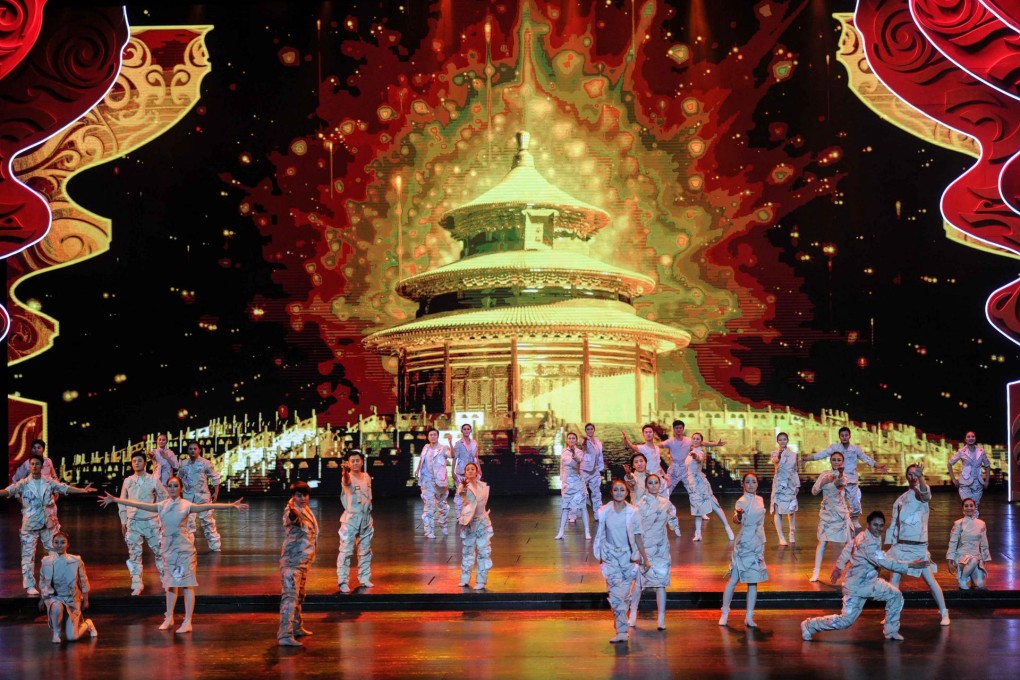
It may be the top cinema event in the capital of the world's second-largest film market, but the four-year-old Beijing International Film Festival is still trying to find its feet.
The 2014 edition offered screenings of more than 280 films from close to 80 territories at 30 venues across the capital between April 16 and 23. Restored classics such as Underground, Anthony Asquith's 1928 British silent film, and Rebel Without a Cause (1955), starring James Dean, were shown, along with films made in the past year or so.
The festival audience also saw digitally restored versions of four Chinese classics: Shanghai post-second world war tale Myriad of Lights (1948) by Shen Fu, Fei Mu's Spring in a Small Town (1948), Cai Chusheng's 1934 silent film New Women starring Ruan Lingyu, and Zhang Shichuan's 1922 romance Labourer's Love (aka Romance of a Fruit Peddler), the oldest complete Chinese film still in existence.
Fifteen contemporary films competed for the Tiantan awards: the seven-member jury, chaired by Hong Kong's John Woo Yu-sum, selected winners in 10 categories.
With prizes for its director Wong Kar-wai, lead actress Zhang Ziyi and cinematographer Philippe Le Sourd, martial arts drama The Grandmaster was the biggest winner. Canadian director Richie Mehta's Siddharth, a drama about a poor Delhi street vendor who travels across India in search of his missing, feared kidnapped, 12-year-old son, was named best feature film.
And although some film critics criticised Peter Chan Ho-sun's American Dreams in China for having an over-simplified success storyline as well as for its worship of money, the comedy-drama's three mainland scriptwriters (Zhou Zhiyong, Zhang Ji and Lin Aihua) took the Tiantan for best screenplay.